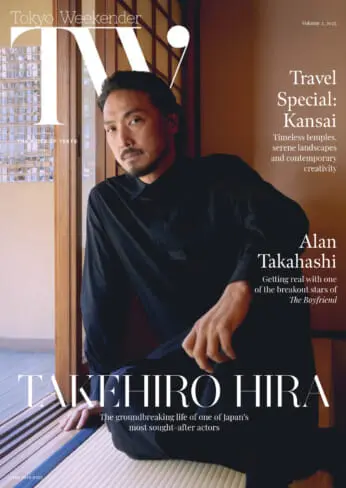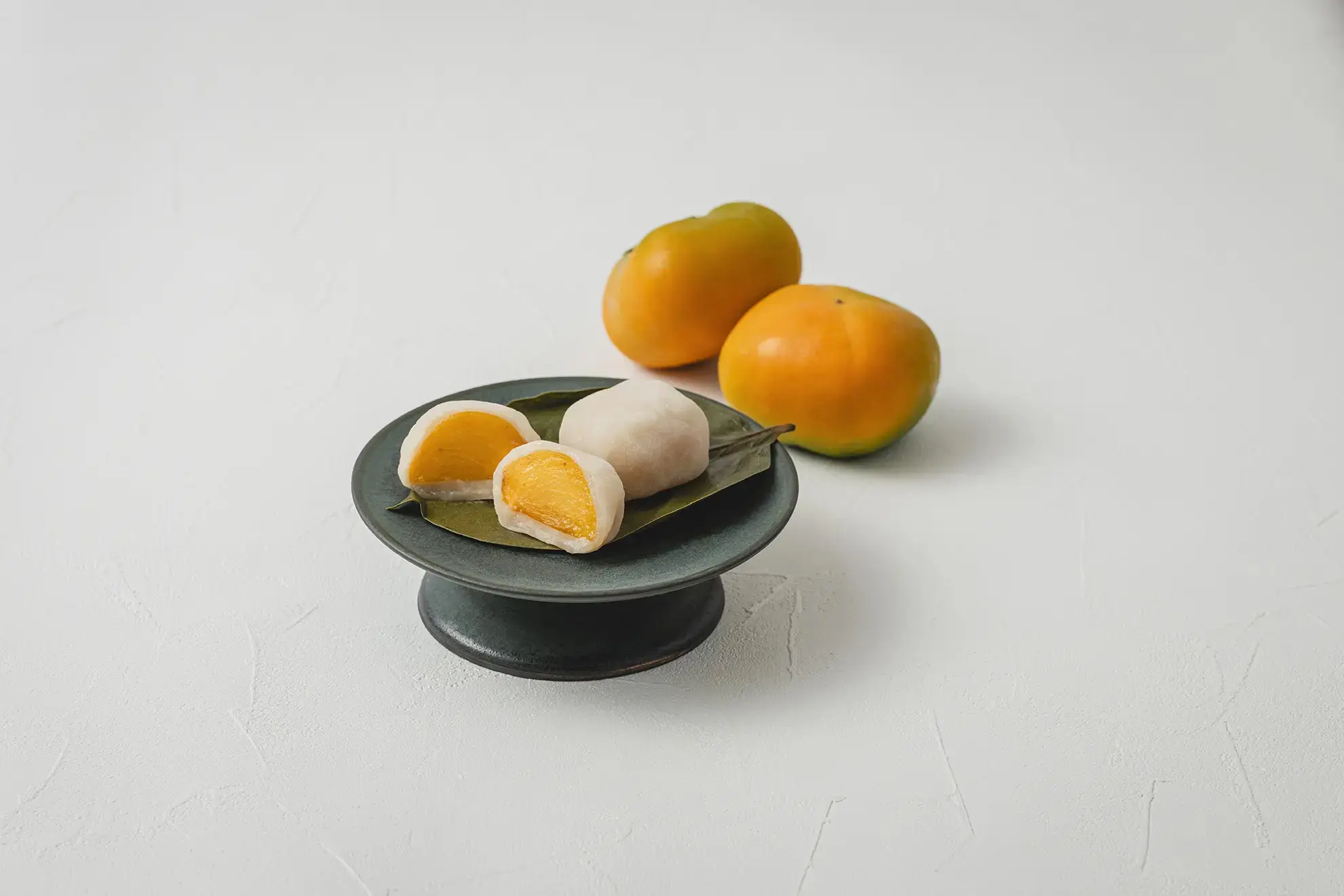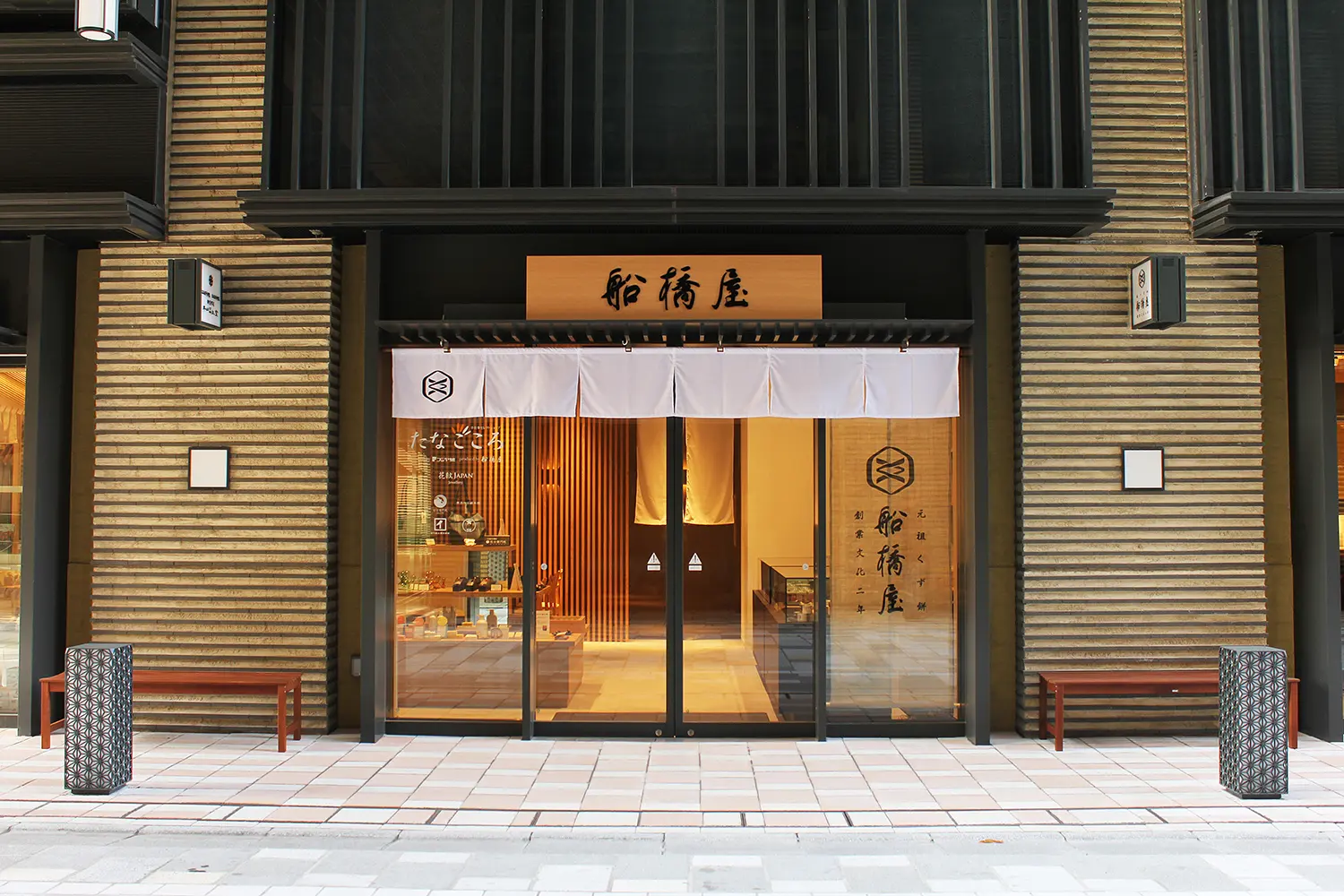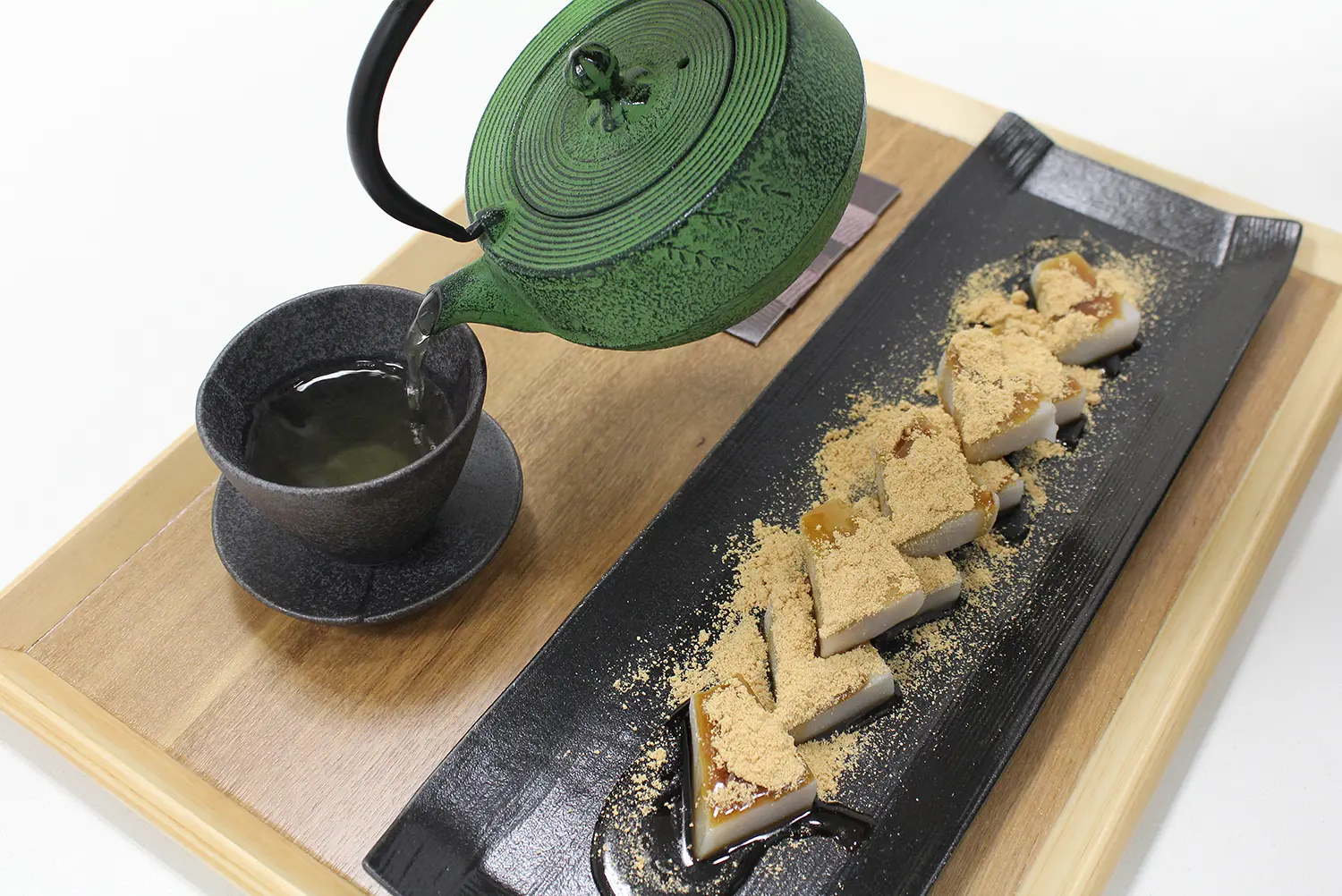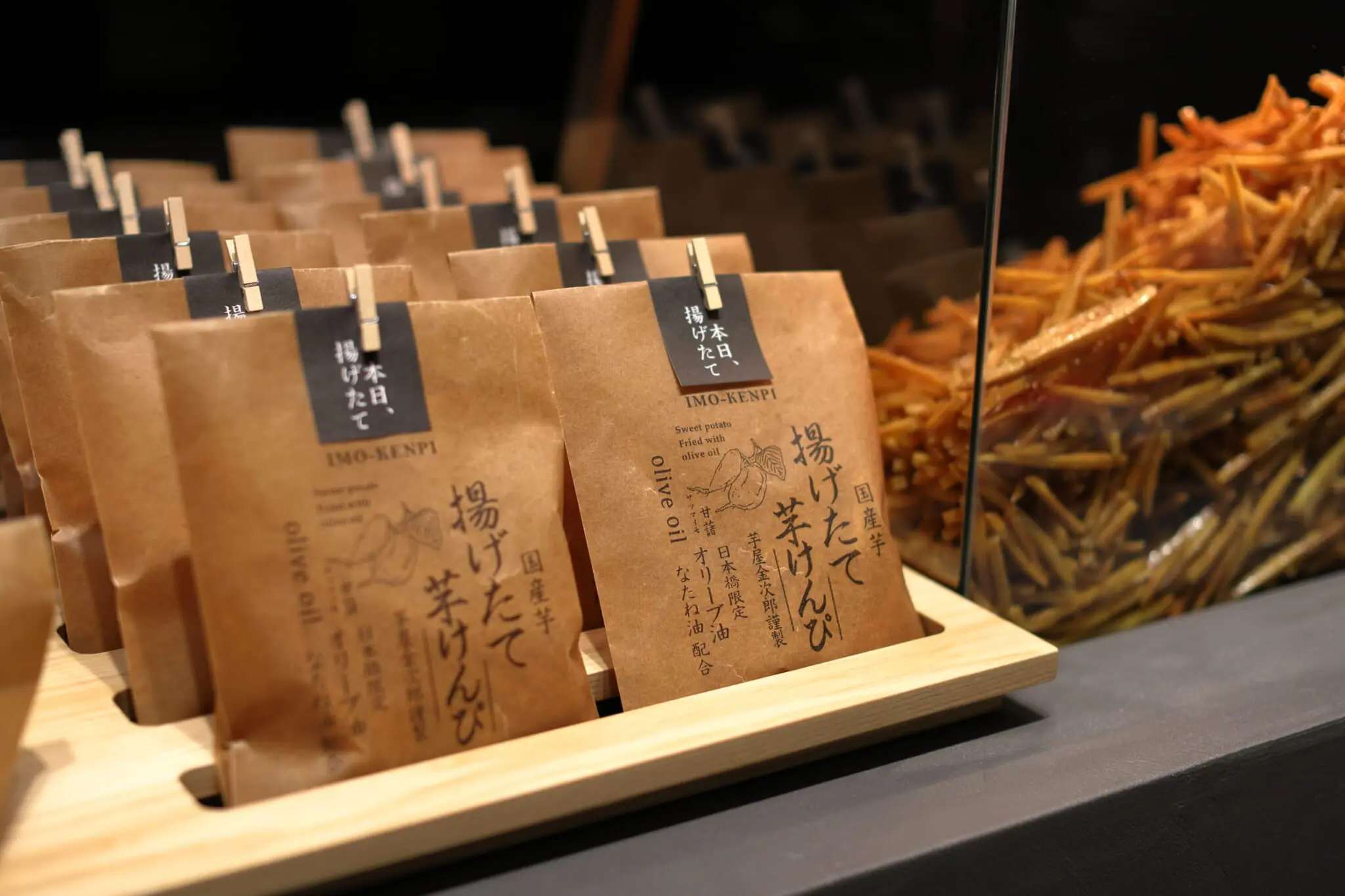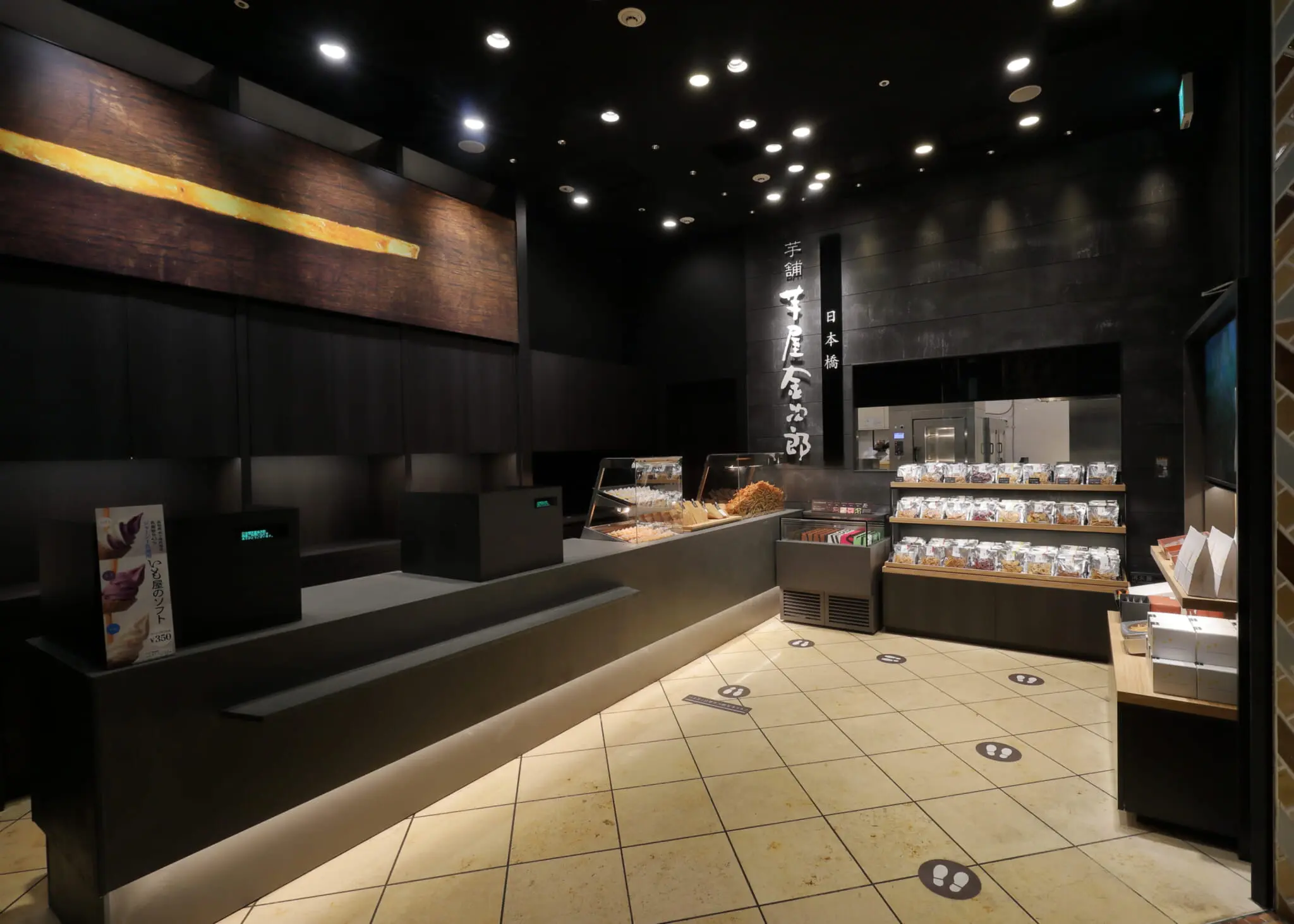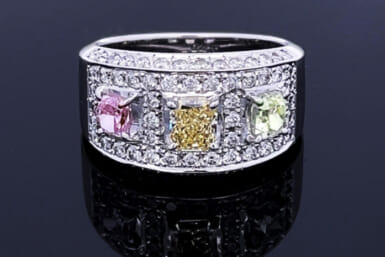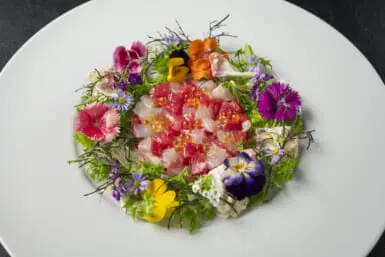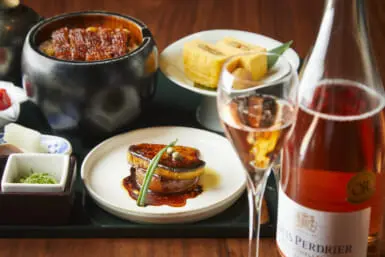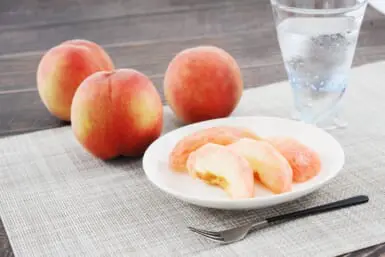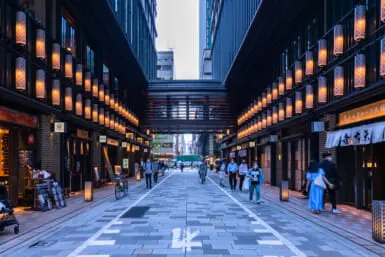Japanese sweets (wagashi) are woven into the fabric of Japanese daily life. One bite of a wagashi confection can take you back hundreds of years or even across the seasons, if you know where to look.
There are many wagashi shops in Tokyo that have been serving traditional Japanese sweets since the Edo period, and others that have perfected and refined — or even put their own twist on — a classic recipe. Despite the humongous amount of choice when it comes to wagashi, no matter the type of sweet, there is one definitely best place to enjoy it: Japan, where it all began. From fruit daifuku to kuzumochi, here are some of the most iconic wagashi on offer in Tokyo and the shops at which they’re best enjoyed.
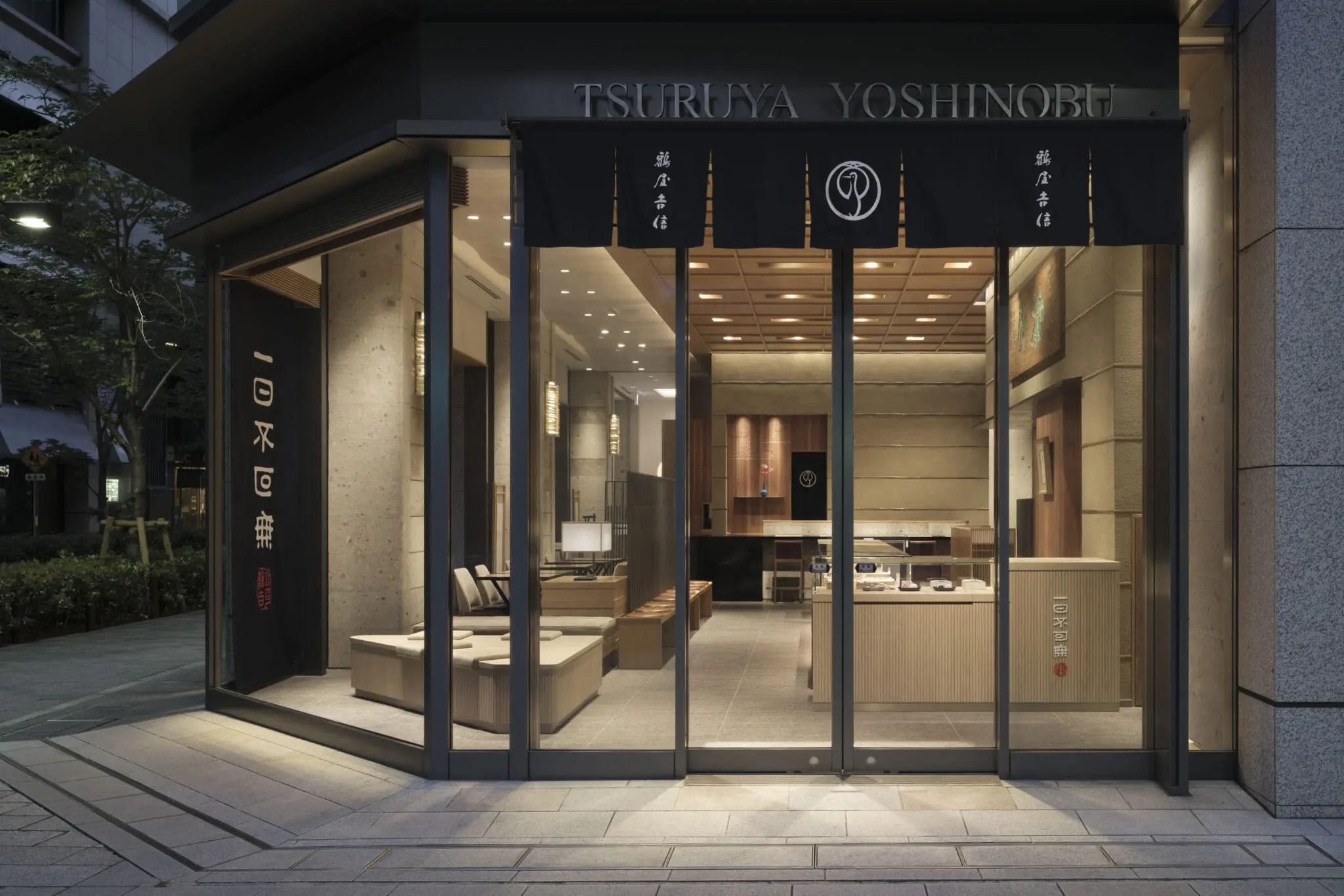
For Kyokanze and Yumochi: Tsuruya Yoshinobu
Kyoto wagashi maker Tsuruya Yoshinobu has been serving authentic wagashi for over 200 years; over the course of its illustrious history, the shop has served the Kyoto Imperial Palace and grand tea masters alike. It’s known for its swirly, sweet kyokanze, which is made by rolling red bean paste with steamed rice flour. The confection takes its name from the kanze water ripple pattern used in traditional fabric and Noh theater costumes, as its rolled shape evokes these traditional swirls.
Another traditional sweet on offer at Tsuruya Yoshinobu is their famous yumochi, a soft rice cake that is infused with the subtle flavor of yuzu citrus and sprinkled with sugar. Both sweets provide a taste of Japan’s refined tea culture and go perfectly with a cup of matcha.
For Kuzumochi: Funabashiya
One of Tokyo’s most iconic sweets is kuzumochi: a delicate rice cake made from fermented wheat starch, topped with sweet black sugar syrup and roasted soybean flour. It’s soft and slightly translucent, with a lighter texture than other varieties of mochi, and often served chilled, making for a delightful and refreshing treat.
For a taste of authentic kuzumochi, head to Funabashiya in Nihonbashi. The main branch of this traditional confectionery shop first opened in 1805, and the business has been dedicated to crafting the finest kuzumochi since its inception — in fact, it’s thanks to Funabashiya that kuzumochi became a local specialty in the ancient city of Edo.
The shop’s original kuzumochi are made with wheat starch fermented for 450 days, and served with both sweet black syrup and roasted soybean powder. Because these treats contain no preservatives or artificial coloring, they only have a shelf life of two days, making them near-impossible to procure or take outside Japan.

For Fruit Daifuku: Kakuozan Fruit Daifuku Benzaiten
Daifuku are a popular type of Japanese confectionery with a soft, chewy mochi exterior, traditionally filled with sweet red bean paste, known as anko in Japanese. It’s said that daifuku originated in the Edo period, a spin-off from an older mochi treat which was stuffed with a savory filling. “Daifuku” means “great luck,” so these sweet treats are often enjoyed during special occasions or given as a good-luck gift.
In recent years, fruit daifuku have become popular as well. Fruit daifuku keeps the traditional mochi exterior, with the addition of a fresh piece of seasonal fruit hidden like a treasure inside. For a fresh take on the fruit trend, visit Kakuozan Fruit Daifuku Benzaiten. This shop is known for its beautifully crafted fruit daifuku showcasing the best seasonal produce Japan has to offer. Every daifuku is served with a special cutter, so splitting it in half will reveal the vibrant colors and patterns of each fruit, encased in its delicate cocoon of mochi dough and white bean paste.
For Imo-kenpi: Nihonbashi Imoya Kinjiro
For lovers of crunchy, caramelized snacks, imo-kenpi is a treat worth seeking out. Kenpi are thin slices of sweet potato, deep-fried until crispy and coated with a sugar or honey glaze. It’s said that kenpi originated in Kochi Prefecture on the Japanese island of Shikoku. The french fry-like slices are often given as a gift, shared at picnics or taken as a souvenir for friends.
Nihonbashi Imoya Kinjiro is an iconic shop dedicated to sweet potato snacks, and has been serving some of the country’s best kenpi for over 50 years. Their imo-kenpi is made fresh daily from locally sourced sweet potatoes, fried to perfection in oil before receiving their sweet coating. This sweet and light glaze is meticulously applied to complement the flavor of the sweet potatoes without overpowering them.
